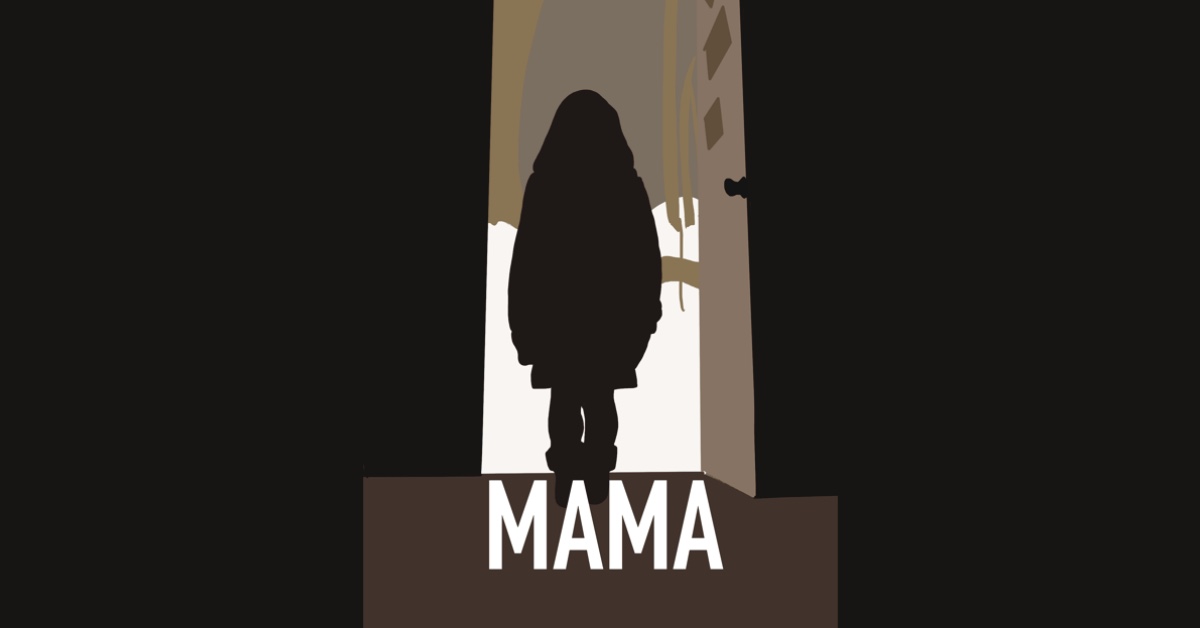Mama: A hidden horror gem
The film offers audiences a meaningful yet unexpected takeaway on parental love.
Mama (2013), directed by Andy Muschietti, is a horror movie that, under the surface, speaks to parental love—specifically, its various expressions and difficulties. The film begins with Jeffrey Desange (Nikolaj Coster-Waldau), a stockbroker who suffers a breakdown and goes on a killing spree. Years later, Victoria and Lily, Jeffrey’s children, end up being found in an abandoned house within the woods—without their father and in the grip of Mama, a supernatural spirit. The kids are then taken in by Jeffrey’s twin brother, Lucas (also Coster-Waldau), and his partner, Annabel (Jessica Chastain).
In the beginning, Annabel expresses a disinterest in parenthood. This disinterest stems from her inexperience and lack of self-confidence, though she tries to connect with Victoria and Lily while she cares for them. Her style of care involves a balance of authority with comfort, as she prioritizes their safety and well-being. Mama, however, latches onto the role of mother to the children.
The antagonistic character of Mama is not inherently evil as her jump scares suggest. After the tragic events that led to her death, she eternally longs to care for Lily and Victoria once she finds them. She doesn’t realize her style of care is possessive. Though she provides the girls with resources to sustain them and actively plays with them, Mama is serving a need of her own. If provoked, her possessiveness can turn into a jealous rage.
In the end, Annabel takes the initiative to protect Victoria and Lily while Mama lets go of her past and jealousy. Both mothers are at different stages of parenthood, yet they learn the importance of evolving their care styles to prioritize the well-being of their children over their own beliefs and insecurities.
Mama herself is a horrific entity, but also refreshing through the way the story humanizes her. Her distorted form is both ethereal and disturbing. Ethereal in the sense that her image has a languid and gentle nature to it, akin to water. She presents a certain calmness. This isn’t to say she never moves sporadically. When jealous or angry, Mama moves quickly, like ghosts typically do in horror films. She creeps inside the house, shows up in the background, and is obscured by elements in a room. Her face and stature are distorted, making her repulsive and rather uncanny to look at.
The film is conscientious of Mama’s portrayal. Its aim isn’t to depict her as a monstrosity, like a demon, but rather a once-human spirit indented with motherly love. At the same time, however, negative emotions distort her image and she is evasive, using her form as a spirit to stay close to the girls and carry out actions fueled by her anger.
There exist films like Mama that take great care to portray topical messages through their story, imagery, symbolism, and character arcs. When relying on majority opinions and tastes, we confine our range of art consumption solely to one kind of source and seldom focus on our own voice. Although it may be a gamble for quality when going in, there remain gems within the heaps of dull rocks of entertainment.

